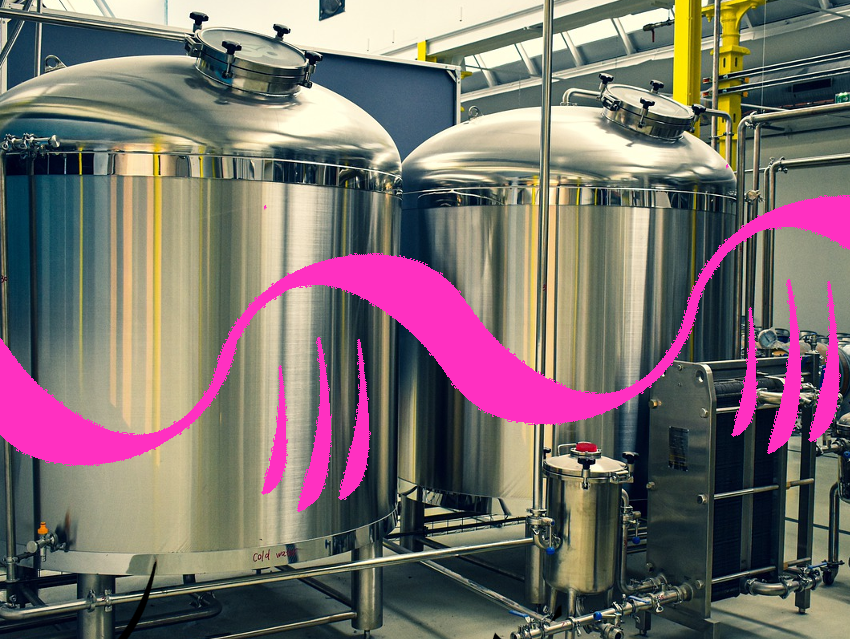The CeBiTec research group Microbial Genomics and Biotechnology, led by Jörn Kalinowski, has received funding from the German Federal Ministry of Research and Education (BMBF) to develop the production of mRNA by fermentation. The grant is worth more than EUR1.3 million and will be shared with the start-up company SenseUP GmbH, led by Georg Schaumann. The team aims to develop cost-effective and scalable processes for the production of RNA-based active ingredients over the next three years.
RNA-based active ingredients are currently establishing themselves as a new class of vaccines. RNA-based active ingredients are also of great importance for the treatment of cancer and severe hereditary diseases. They can also be used for biological pest control in agriculture. This makes them an alternative to chemical pesticides or the use of genetically modified plants. Chemical pesticides pollute the soil and groundwater and often have an unspecific effect. RNA-based, organic pesticides act very selectively on the plant pests they are designed to control. However, the production of large quantities of RNA-based active ingredients is technically demanding and cost-intensive.
Until now, RNA for vaccines and pesticides has been produced from living cells using enzymes. Tor this, the cellular components have to be elaborately prepared, which makes the production of large quantities technically challenging and expensive.
The researchers want to move the production of RNA into the living cell so that only an arbitrary amount of bacteria would have to be produced. The same technology should allow producing a few grams for special applications as well as several tons. The latter would be particularly profitable for organic farming.
What is new about this process is that the team wants to use so-called safe microorganisms. In conventional processes, Escherichia coli is used, which must be cleanly prepared for medical products. Safe microorganisms are organisms that can be ingested through food, for example, such as baker’s yeast. The idea is to avoid possible contamination. The researchers are using a bacterium that occurs in soil and is already used as a production agent for animal feed. The challenges are to get this bacterium to produce a certain RNA and not to degrade it again, even if it is not needed in the cell.
The RNAferm project started in April 2021 and is funded with more than 1.3 million euros for three years by the German Federal Ministry of Education and Research (grant number 031B1114B).
- CeBiTec, Bielefeld, Germany
- SenseUp GmbH, Jülich, Germany

